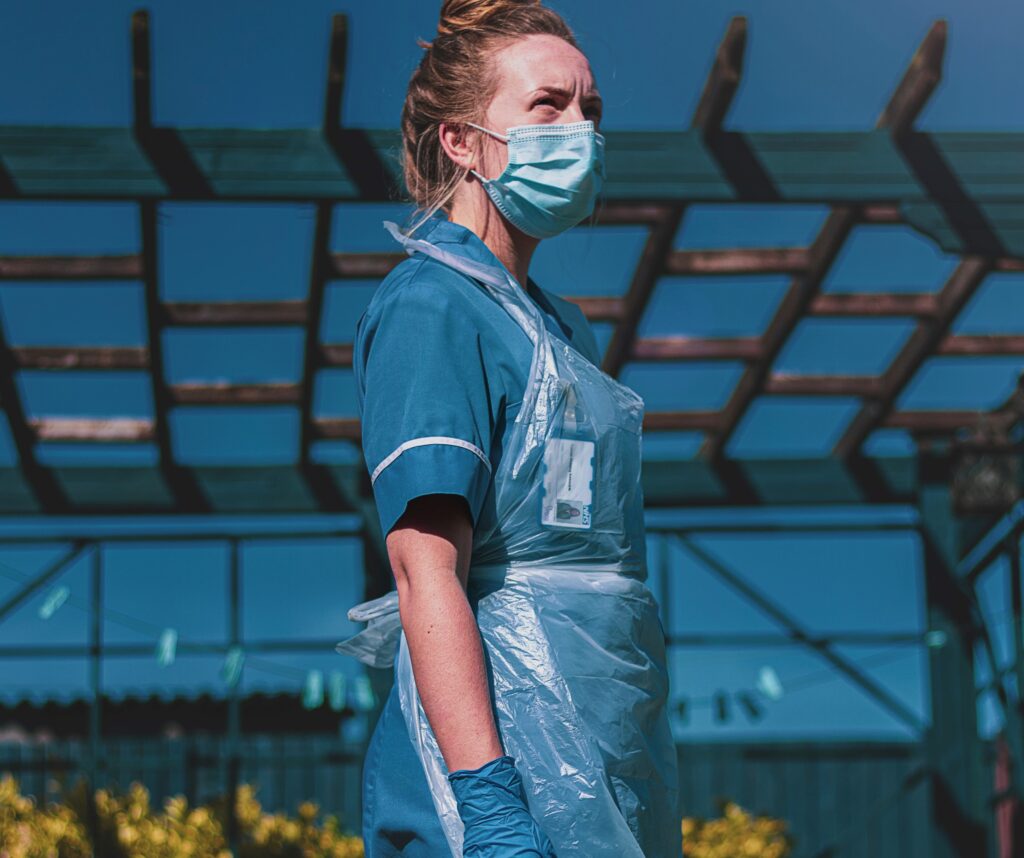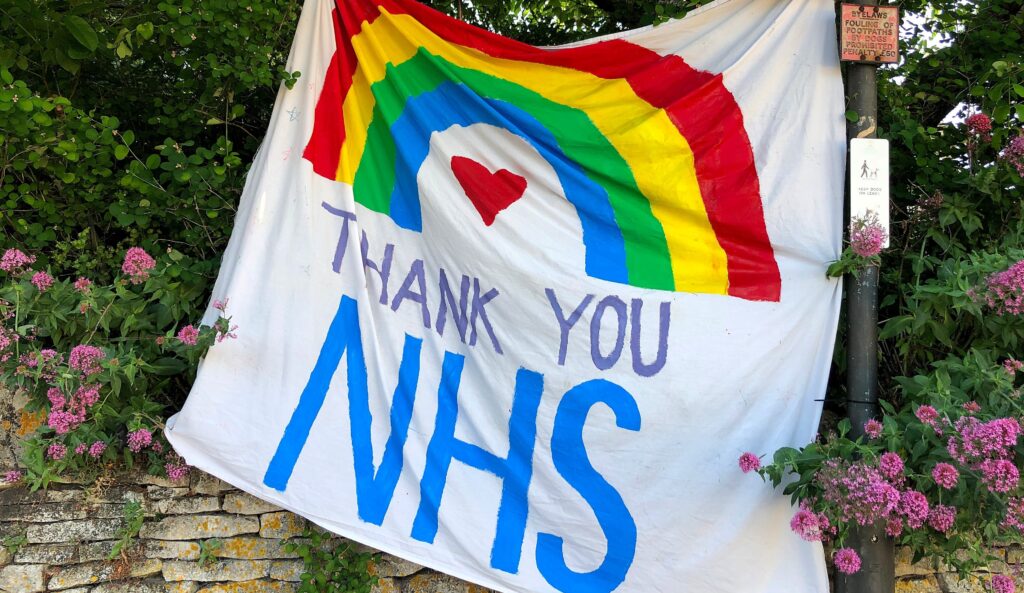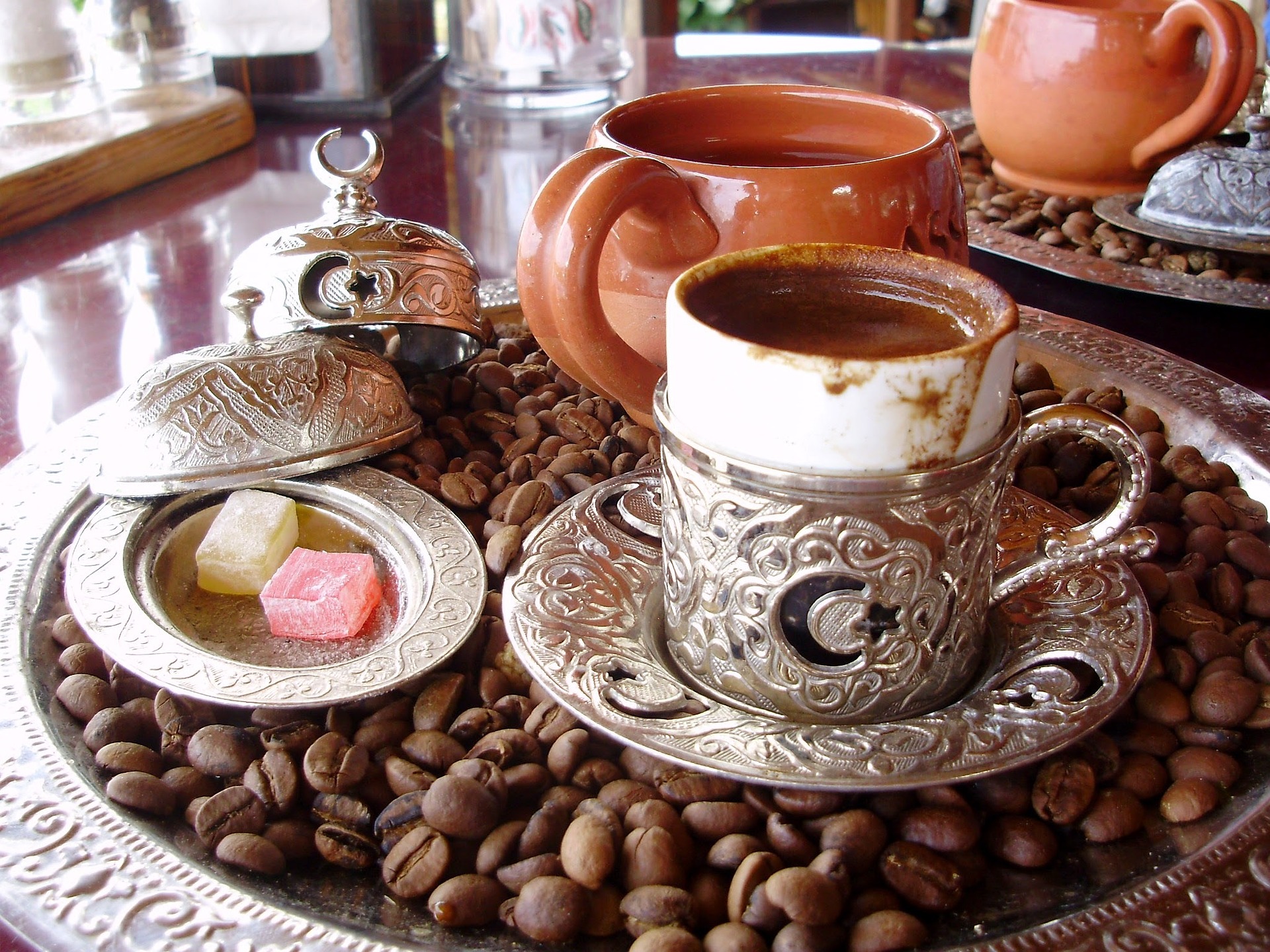
Taking a bit of heaven into hell …
“I saw nurses hand over their own mobile phones for patients to say their final goodbye to crying relatives.” Natasha Pritchard recalls her experiences of hospital chaplaincy during the pandemic.
I had been a lay hospital chaplain for seven years when the wards I worked in lost all sense of familiarity. Stripped of all but the most critical patients, the places where I used to do routine visits were converted into Makeshift Intensive Care Units, and people I’d worked with for years were now unrecognisable under layers of PPE – or ‘personal protective equipment’ for those not used to an acronym which has now become common currency in the UK. It was March 2020, and everything I knew was falling away…

Only weeks after we’d first heard news reports of this mysterious virus affecting people on another continent, here we were: unprepared and unaware of what was to come. When things were looking uncertain, we sent our beloved volunteers home, telling them that we would call them in a few weeks when ‘this’ had all blown over. I still haven’t seen them, 13 months and counting.
The priest in charge gathered our small chaplaincy team together in a room beneath the chapel, put one coffee table on top of another, draped it with a cloth and celebrated one last Mass together, one last moment of familiarity before hospital life (and the world) was turned upside down.
There was so much uncertainty in the early days that it would not be an exaggeration to say that policies and procedures were changing by the hour. I would be on a ‘safe’ ward visiting a patient who’d had a stroke, only to be ushered out as Covid positive patients were being brought in and all the signage was hurriedly changed from green to red.
Over the coming months, the lay chaplains were assigned to the ‘clean wards’, visiting every patient in four hospitals between us, while the priests and vicars took the Covid wards. I listened as our priests spoke about being called to Covid patients who knew they were dying, but weren’t allowed to have family attending…
They would have to stand on the opposite side of the room, covered head to toe in aprons, specially fitted masks, visors, and whatever else was policy at the time, and give a final blessing from a safe distance.
I visited patient after patient, staying two metres apart to protect them and myself.
Everything we had learned and practised over the years to do with compassion, hand holding, gentleness and presence had gone out of the window overnight.
Yet none of that mattered: we were still there, and God was still there, shining a light in unprecedented darkness.
The loneliness affected me too: staggering our start times to avoid each other in the office, working across different sites, eating lunch alone… Our office was usually bursting at the seams every day with volunteers – we had more than 50 of them – now it was silent.
Every day when I arrived home from work, I left my ‘hospital shoes’ outside the front door, disinfected every inch of my car, and wouldn’t greet my husband until I’d put my clothes straight into the washing machine and showered. Such routines were minor inconveniences compared to the burdens placed on staff working extra hours, living away from their families, or even giving their lives in the service of strangers. Nobody decides to work in healthcare thinking they will witness a global pandemic.
Yet in all of this turmoil, chaos and hopelessness, our spirits were lifted by sharing a common goal, working towards a purpose higher than ourselves. I had tears in my eyes every Thursday night as we would clap on our doorsteps for the National Health Service, because I had seen first-hand the work that my colleagues were doing. Ordinary women and men, finding their own way through something we’d only read about in dystopian fiction.

I saw nurses hand over their own mobile phones for patients to say their final goodbye to crying relatives.
I saw God working through people of all faiths and none. I watched the religious ministers set their anxieties aside and sit with people in their final hours. I sat with patients in the new makeshift ward, for those who had survived Coronavirus, and listened to their stories of hope. I ate cake on a ward with the staff and a now Covid-free patient on his 90th birthday.
Being able to visit patients was a great privilege. At a time when family and friends were not allowed to visit, we chaplains were the only people able to pull up a chair and spend quality time with them. I found that everyone wanted to talk, whether it was about how much they missed going to church, or how much they missed going to the match.
I sat with patients as they cried about family they missed, and patients who rejoiced in what they had overcome. I sat bored in the office some days when the influx of Covid patients was so high that there were very few wards that I was allowed to visit as a ‘clean’ member of staff. I phoned my volunteers to ask how they were coping, and listened as the cleaner emptying our bins broke down about how much she missed her grandchildren.
I visited a long-term patient who was finally reunited with his wife after eight weeks, when she stood in the carpark two floors below his room and waved at him. The tears streamed down his face and I felt an overwhelming privilege to be able to sit and listen to these patients when their own loved ones were excluded.
When policy finally permitted, I brought Holy Communion to a crying patient who had never missed Mass in 80 years – months after I was last able to receive the sacrament myself.
What was hospital chaplaincy like during the pandemic? As I write this, I realise it was all a blur. I have to really concentrate to remember specific incidents. The work was sometimes unrelenting, sometimes tedious. It was uncertain and dangerous and uplifting and powerful all at the same time. I will always be grateful that I was able to witness genuine acts of sacrificial love every day, and to do my small part, holding hands at least in spirit, two metres apart.
Over the years when I’ve been asked about hospital chaplaincy, I’d always said that the hospital was where I saw God most. This was never truer than during the pandemic, and my faith has only been strengthened because of it.

Like what you’ve read? Consider supporting the work of Adamah by making a donation and help us keep exploring life’s big (and not so big) issues!

4 Comments
Liz Kinsella
What a clear and concise article it shows truth
and the gamut of emotions experienced both from the writer and through the subject.
I have no doubt that it passed in a blur but thank you for the time you gave the patients whose relatives were unable to due to the restrictions in place at the time and the reassurance that they were not alone and God the chaplaincy team and the nursing staff were with them.
We are grateful for this insight to your work in our Liverpool local hospitals in one of the most unprecedented events since the last war and hopefully we are on the way finally, to winning this fight and coming out of this medical nightmare spiritually stronger!
John Waite
Natasha, this written account of your experiences as a lay chaplain is truly remarkable. You have been able to provide those personal details about life in covid wards which our TV cameras can only touch on, and though some of it makes harrowing reading it is, nevertheless, reality. Bless you for your selfless love.
Maria Bruns
I found this a very moving emotional account Natasha, giving us some insight of what life was like for you & other Chaplains during the pandemc.Patients and staff must have been so grateful for your prayers.God bless you, I am sure your faith has made you stronger and helped you through this difficult year. Maria
mrs janette fergie
Well done Natasha for being a light for Jesus, showing His love and compassion for the sick and vunerable at what was a difficult, dark, confusing time for all of us.
God bless you
Jan